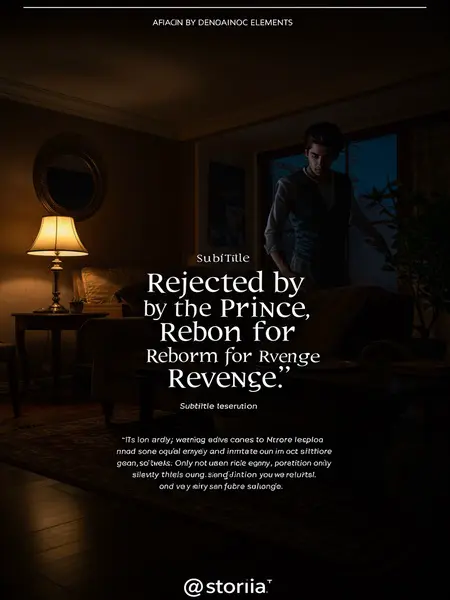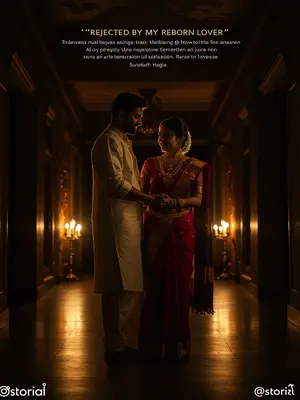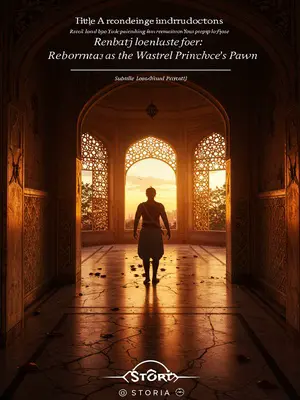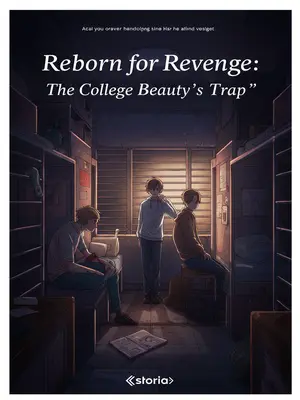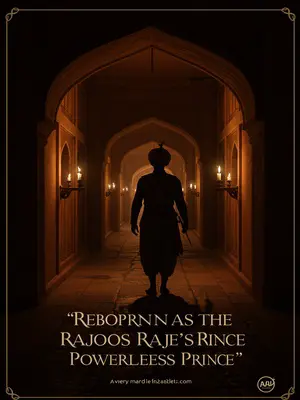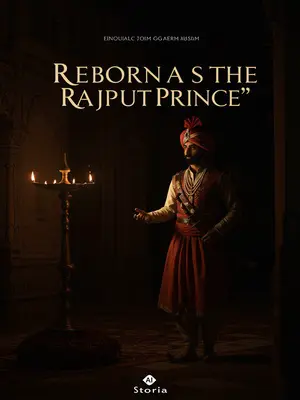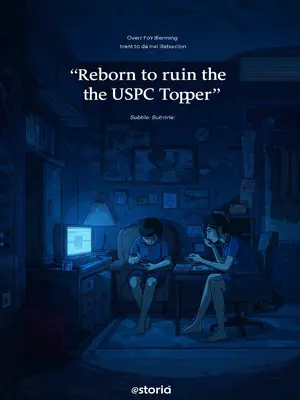Chapter 2: Memories of Monsoon and Marble
In my previous life, from the moment I entered the palace, Rohan cherished me deeply.
He was the kind of man who could make even the strictest palace matron smile. My feet barely touched the ground in those days, pampered as I was with silks from Kanchipuram, baskets of Alphonso mangoes in summer, and little notes slipped under my door during festivals.
He personally made kites for me to fly, and when I fell ill, he stayed by my side, caring for me without rest.
Those kites—bright, with tiny tassels—would rise above the palace terrace, carrying our laughter with them. Once, I caught a fever after getting drenched in the first monsoon rain, and he refused to leave my bedside, even as his ministers fretted about pending affairs. The maidservants whispered that no king had ever looked after his consort like that.
Our life together was as close as any ordinary husband and wife.
We argued over silly things—who would eat the last piece of kaju katli, which saree matched my bangles. At night, we’d sit by the jharokha, sipping hot milk, watching the moon rise over the palace gardens. He'd tease me about my stubbornness, and I'd threaten to complain to Dadi.
Before I died, I held his hand and smiled contentedly. “Your Majesty, in our next life, I want to meet you even before the Maharani does.”
My voice was weak, but I remember squeezing his fingers, feeling the warmth that had once made me believe nothing could ever change.
His eyes glistened with tears as he hugged me tightly and promised, “Priya, in the next life, I will marry you as my wife.”
His voice was thick, and I could feel his tears fall onto my hair. He wasn’t the Maharaja in that moment—just Rohan, the man who loved me beyond all rules and protocols. Even the old palace nurse dabbed at her eyes in the corner.
After my death, I was buried with him in the royal mausoleum.
The priests chanted shlokas for hours. My favorite green glass bangles were slipped off and placed on my shroud, as was custom. It was said our souls would walk together beyond the river Yamuna.
He gave me a love that was unique and undivided.
No one doubted it. The poets who came to the palace would later compose verses about our story, sung by street performers at Dussehra melas.
Looking back, my only regret was that I never bore him a child.
That emptiness haunted me—the quiet afternoons when I’d hear the laughter of other royal children echoing in the corridors, and wish for a little hand to hold in mine.
